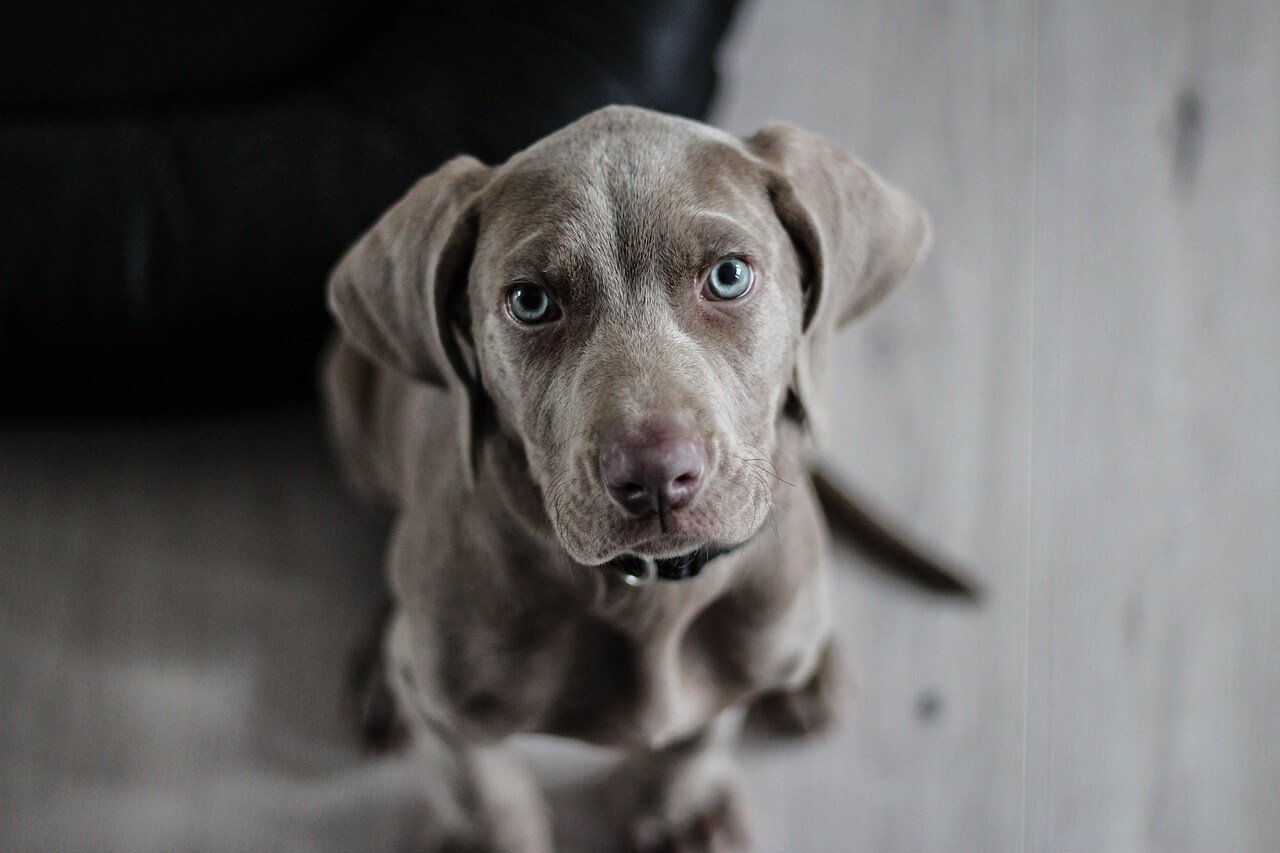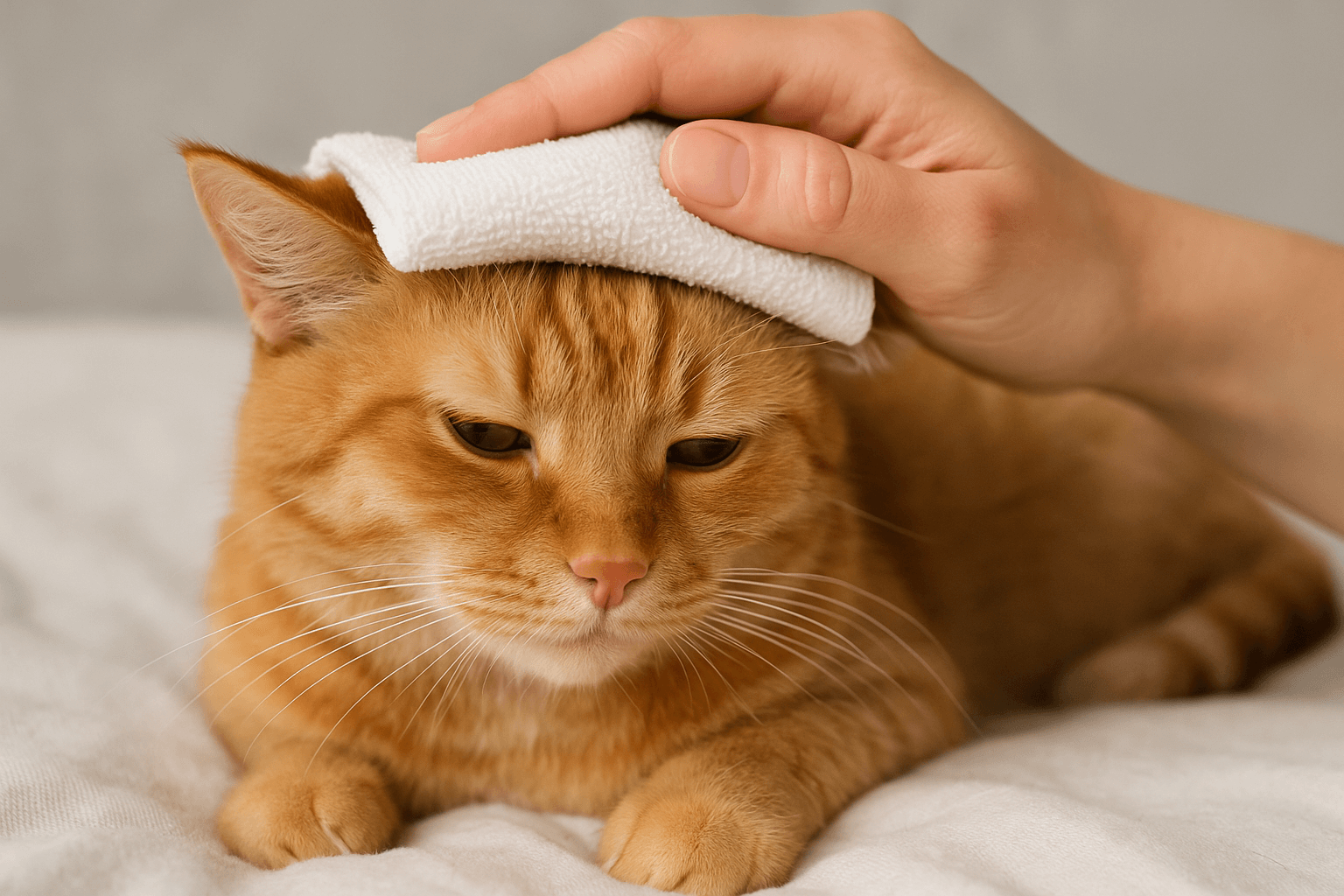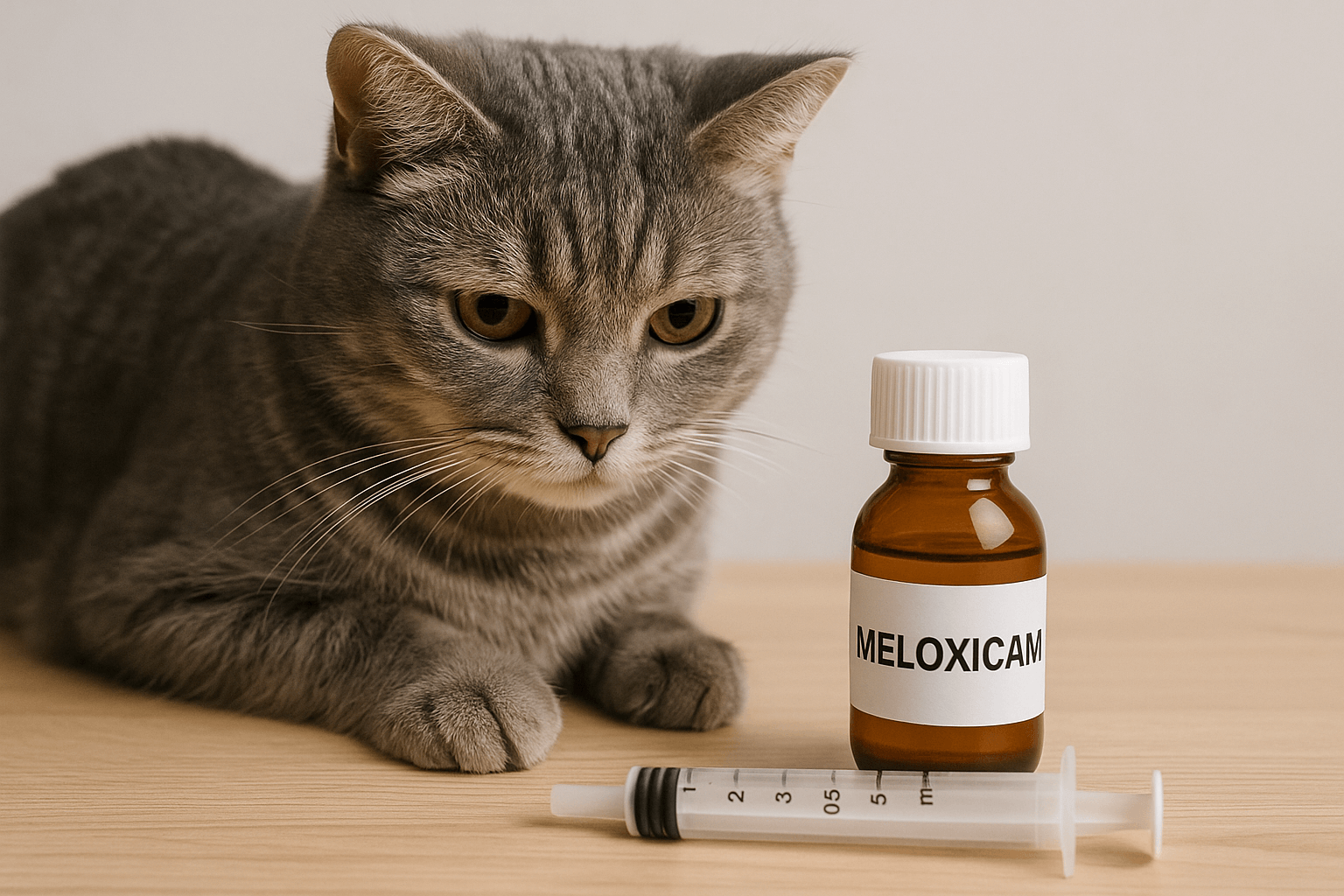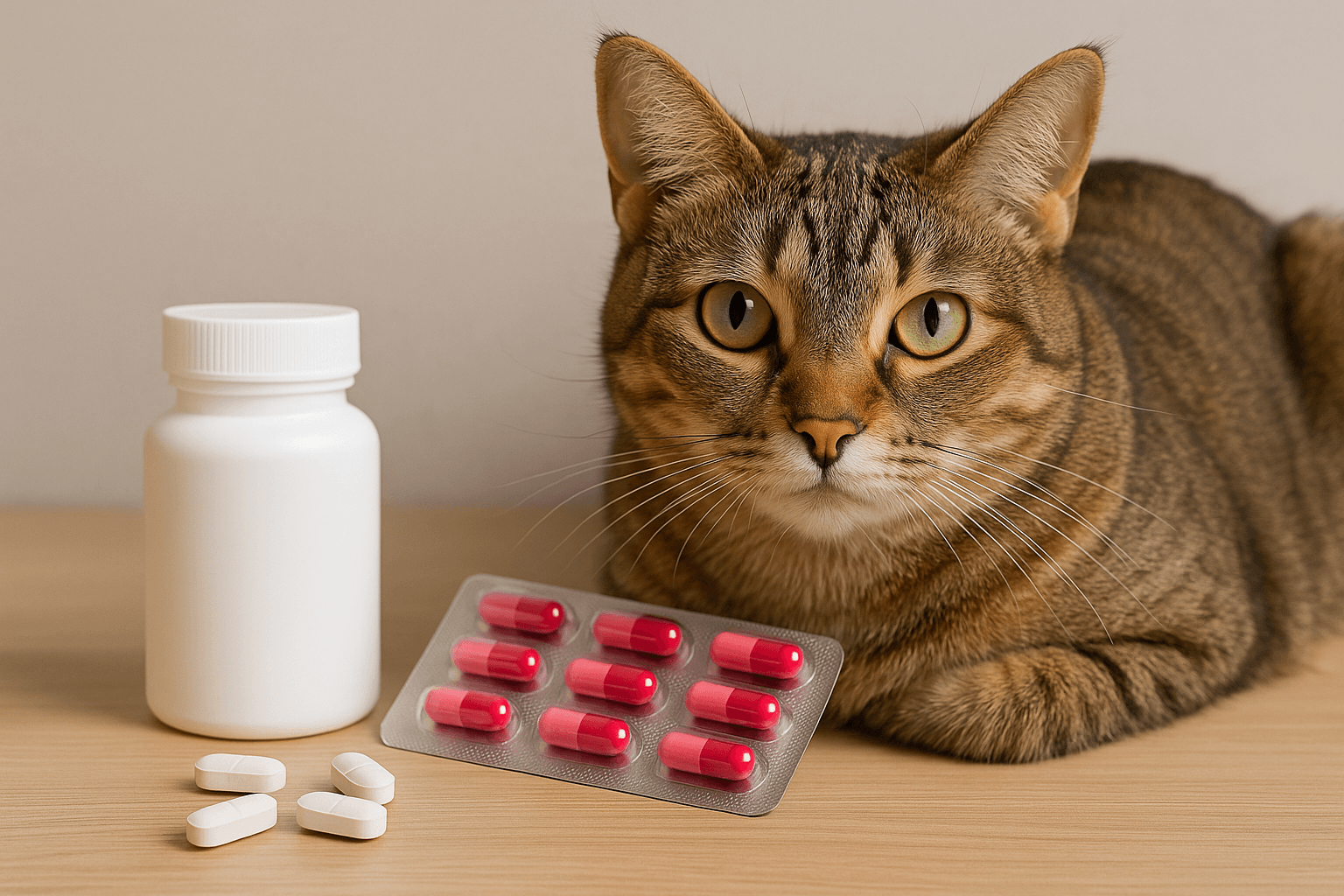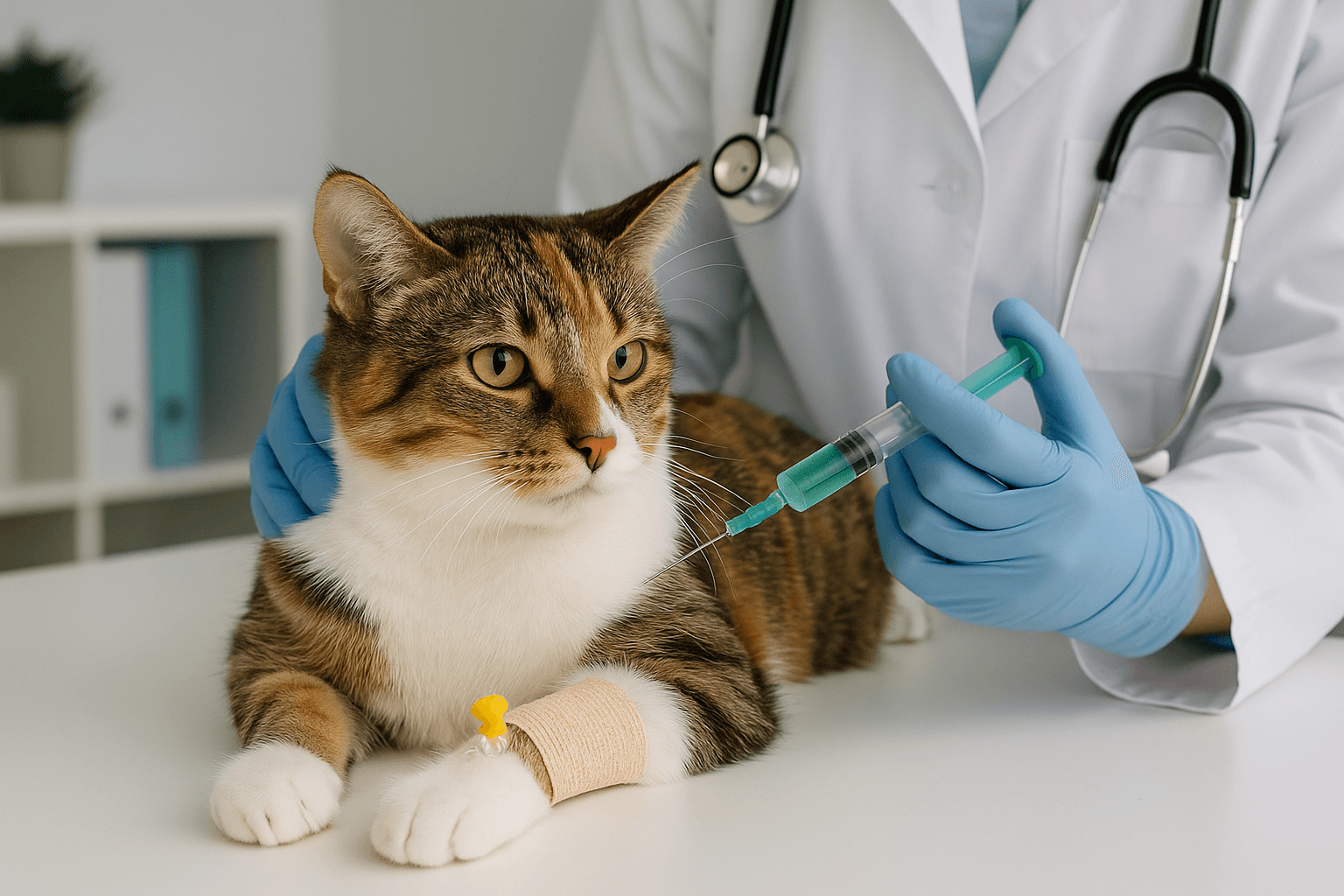Dog Gland Removal: What You Need to Know
Many dog owners are familiar with the challenges of dealing with anal gland issues, but few understand the ins and outs of dog gland removal. Anal glands, also known as scent glands, play a role in marking territory and communication among dogs. However, when these glands become impacted, infected, or repeatedly problematic, surgical removal may be recommended by veterinarians. This procedure, while not always necessary, can provide significant relief for dogs suffering from chronic discomfort. In this blog post, we’ll explore everything you need to know about dog gland removal, including its causes, benefits, risks, and aftercare tips to help you make an informed decision for your furry friend.
Common Reasons for Dog Gland Removal
While most dogs never require anal gland removal, certain recurring issues may necessitate this surgical procedure. Understanding the underlying causes can help determine if it’s the right choice for your pet.
Chronic Impaction:
When anal glands fail to empty naturally, they can become impacted, leading to discomfort and frequent infections.Recurrent Infections:
Dogs with frequent anal gland infections may benefit from removal to prevent ongoing pain and antibiotic treatments.Abscess Formation:
Impacted glands can develop abscesses, which may rupture and cause severe discomfort, requiring surgical intervention.Allergies and Skin Conditions:
Dogs with allergies or skin disorders often experience inflamed or irritated anal glands, making them prone to complications.Cancer or Tumors:
In rare cases, cancerous growths in or around the anal glands may necessitate complete removal for health and safety.
For dogs experiencing these persistent problems, gland removal can offer a long-term solution to improve their quality of life.

What to Expect During the Procedure
If your veterinarian recommends dog gland removal, it’s important to understand the process and what to expect before, during, and after the surgery. Here’s a breakdown of the key steps involved.
Pre-Surgical Consultation:
Your vet will conduct a thorough examination and discuss the benefits, risks, and costs associated with the procedure.Anesthesia Administration:
The surgery requires general anesthesia, so blood work is typically performed to ensure your dog is healthy enough for the operation.Surgical Removal Process:
During the procedure, the veterinarian carefully removes the anal glands to minimize damage to surrounding tissues.Post-Operative Monitoring:
After surgery, your dog will be monitored closely to ensure they wake up safely from anesthesia and recover without complications.Pain Management Plan:
Pain medications and anti-inflammatory drugs are prescribed to keep your dog comfortable during recovery.
With proper preparation and care, the procedure is generally safe and effective for eligible candidates.
Check this guide 👉The Importance of Dog Gland Expression: Best 7 Tips!
Check this guide 👉Dog Gland Removal: Best 7 Expert Tips!
Check this guide 👉Anal Gland Cancer in Dogs: Best 7 Expert Tips!
Pros of Dog Gland Removal | Cons of Dog Gland Removal |
|---|---|
Eliminates chronic discomfort | Requires general anesthesia |
Prevents recurring infections | Potential risk of post-surgical complications |
Reduces need for frequent vet visits | Costly compared to routine gland care |
Improves overall quality of life | Temporary restrictions on activity post-op |
Permanent solution for gland problems | Rare chance of fecal incontinence |
Post-Surgery Care for Your Dog
Proper aftercare is crucial to ensuring a smooth recovery following dog gland removal. By following these guidelines, you can support your pet’s healing process and minimize complications.
Limit Physical Activity:
Restrict running, jumping, and rough play for at least two weeks to allow incisions to heal properly.Monitor the Incision Site:
Check the surgical area daily for signs of redness, swelling, discharge, or infection, and contact your vet if anything seems unusual.Administer Medications as Directed:
Give all prescribed medications exactly as instructed to manage pain and prevent infection.Use an Elizabethan Collar (E-Collar):
Prevent your dog from licking or biting the incision site by using a protective collar until fully healed.Schedule Follow-Up Appointments:
Attend all follow-up visits with your veterinarian to ensure proper healing and address any concerns promptly.
By adhering to these care instructions, you can help your dog recover quickly and comfortably.
Signs Your Dog May Need Gland Removal
Not every dog with anal gland issues requires surgical intervention, but certain symptoms indicate that removal might be the best course of action. Recognizing these signs early can prevent further complications.
Persistent Scooting Behavior:
If your dog frequently drags their bottom across the floor, it could signal ongoing gland irritation or impaction.Foul Odor or Discharge:
A strong, unpleasant smell or visible discharge near the anus may suggest infection or abscess formation.Excessive Licking or Biting:
Constant attention to the rear end indicates discomfort or pain related to the anal glands.Swelling or Redness Around the Area:
Visible inflammation or swelling near the anus can point to an underlying issue requiring veterinary attention.Behavioral Changes:
Dogs in pain may exhibit lethargy, aggression, or reluctance to sit, signaling potential gland-related distress.
Addressing these symptoms promptly can prevent minor issues from escalating into major health concerns.
Causes of Anal Gland Problems in Dogs
Understanding why anal gland issues occur can help prevent future complications and reduce the likelihood of needing surgery. Here are some common contributing factors.
Poor Diet:
Low-fiber diets can lead to softer stools, which fail to naturally express the glands during bowel movements.Obesity:
Excess weight can compress the anal glands, making it harder for them to empty properly.Breed Predisposition:
Certain breeds, such as Bulldogs, Poodles, and Beagles, are more prone to gland problems due to genetic factors.Lack of Exercise:
Sedentary lifestyles can contribute to sluggish bowel movements and gland impaction.Underlying Health Conditions:
Conditions like hypothyroidism or allergies can exacerbate anal gland issues.
Identifying and addressing these root causes can help maintain your dog’s gland health and avoid unnecessary procedures.
Non-Surgical Alternatives to Gland Removal
For dogs with mild or occasional anal gland issues, non-surgical options may suffice before considering removal. These alternatives focus on managing symptoms and improving gland function.
Dietary Adjustments:
Adding fiber-rich foods or supplements can promote firmer stools, aiding natural gland expression.Regular Gland Expression:
Having a professional manually express the glands can relieve impaction temporarily.Increased Exercise:
Encouraging physical activity supports healthy digestion and reduces the risk of gland problems.Topical Treatments:
Anti-inflammatory creams or wipes can soothe irritation around the anal area.Probiotics and Supplements:
Supporting gut health with probiotics may indirectly improve gland function and overall wellness.
These methods can be effective for mild cases but may not resolve severe or chronic issues.
Long-Term Benefits of Dog Gland Removal
For dogs struggling with persistent anal gland problems, surgery offers numerous long-term advantages that enhance their quality of life.
Freedom from Chronic Pain:
Removing the source of discomfort allows your dog to move and play without restriction.Reduced Vet Visits:
No longer needing frequent gland expressions or treatments saves time and money in the long run.Improved Hygiene:
Without active glands, there’s less risk of foul odors or messy discharge affecting your home environment.Enhanced Mobility:
Dogs recovering from surgery often show increased energy and enthusiasm for activities they previously avoided.Peace of Mind for Owners:
Knowing your dog is free from recurring issues provides reassurance and strengthens your bond.
Ultimately, dog gland removal can transform both your pet’s health and your household dynamics, fostering a happier, stress-free lifestyle.
Frequently Asked Questions About Dog Gland Removal
Is gland removal painful for my dog?
While the procedure involves anesthesia, post-surgery pain is manageable with medication.
How long does recovery take?
Most dogs recover within two to three weeks, depending on their age and overall health.
Can diet influence anal gland issues?
Yes, high-fiber diets can help maintain regular bowel movements, reducing strain on the glands.
Are there alternatives to removal?
Regular gland expression and antibiotics can address mild cases, but severe issues often require surgery.
Will my dog miss having anal glands?
No, dogs adapt quickly and won’t notice the absence of these glands once healed.
Making the Best Decision for Your Dog’s Health
Deciding whether to proceed with dog gland removal is a significant choice that requires careful consideration. While the procedure comes with risks and costs, it can alleviate chronic pain and improve your dog’s overall well-being. By staying informed about the causes, benefits, and aftercare requirements, you can confidently navigate this decision alongside your trusted veterinarian. Remember, your dog relies on you to advocate for their health—choosing the right path ensures they enjoy a happy, pain-free life for years to come.
Cat Fever Treatment: Best 7 Expert Tips! Discover expert advice on identifying, managing, and treating fever in cats to ensure their quick recovery and well-being.
Understanding Meloxicam for Cats: Best 7 Expert Tips! Learn how to safely administer meloxicam, manage side effects, and ensure your cat's comfort with expert advice on feline pain relief.
Amoxicillin for Cat UTI: Best 7 Expert Tips! Discover safe usage, dosage guidelines, and expert advice on treating feline urinary tract infections effectively with amoxicillin.
Understanding Cat Cancer Treatment: Best 7 Expert Tips! Discover expert advice on managing feline cancer, from early detection to treatment options, ensuring your cat’s health and comfort.

